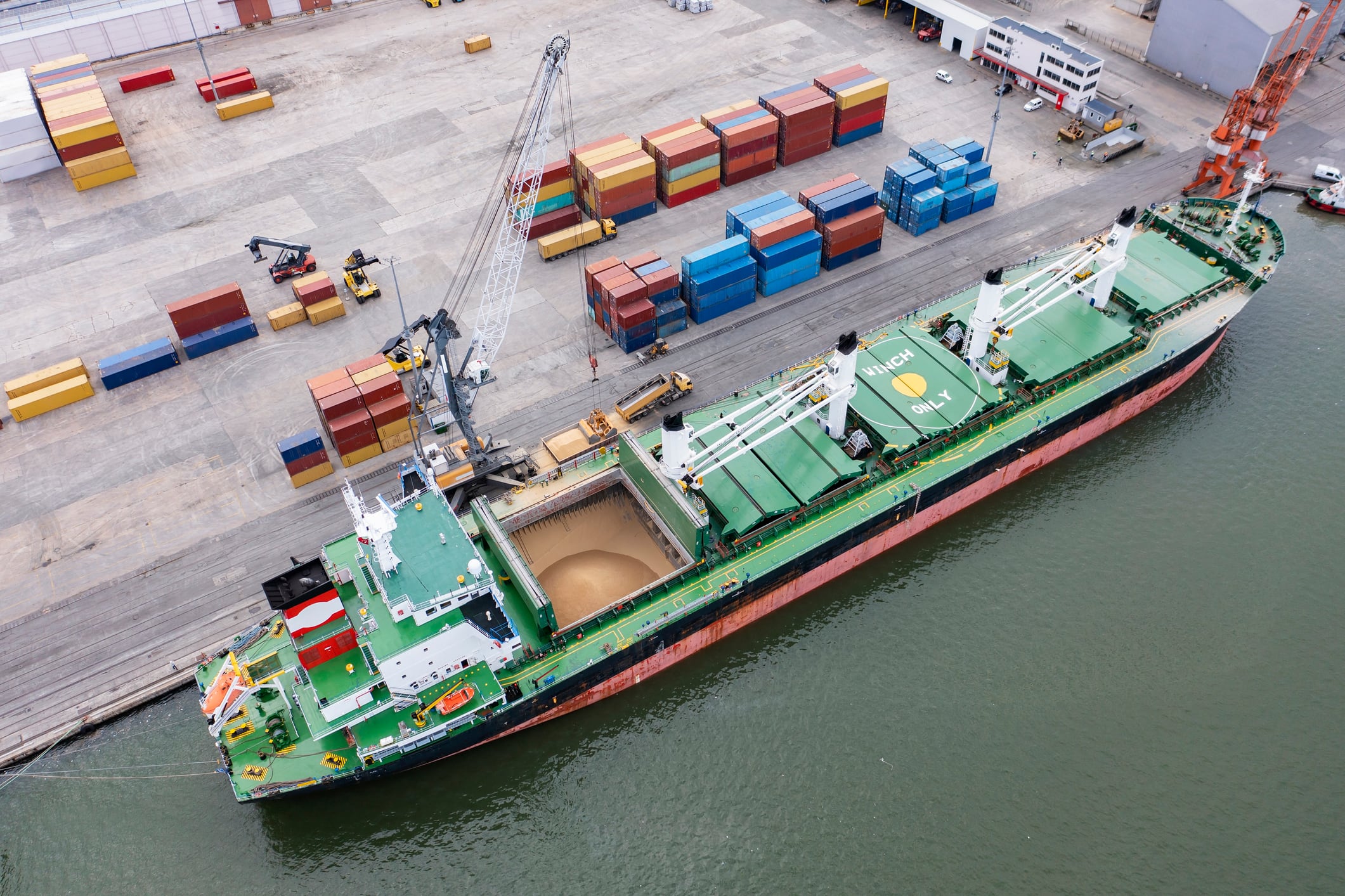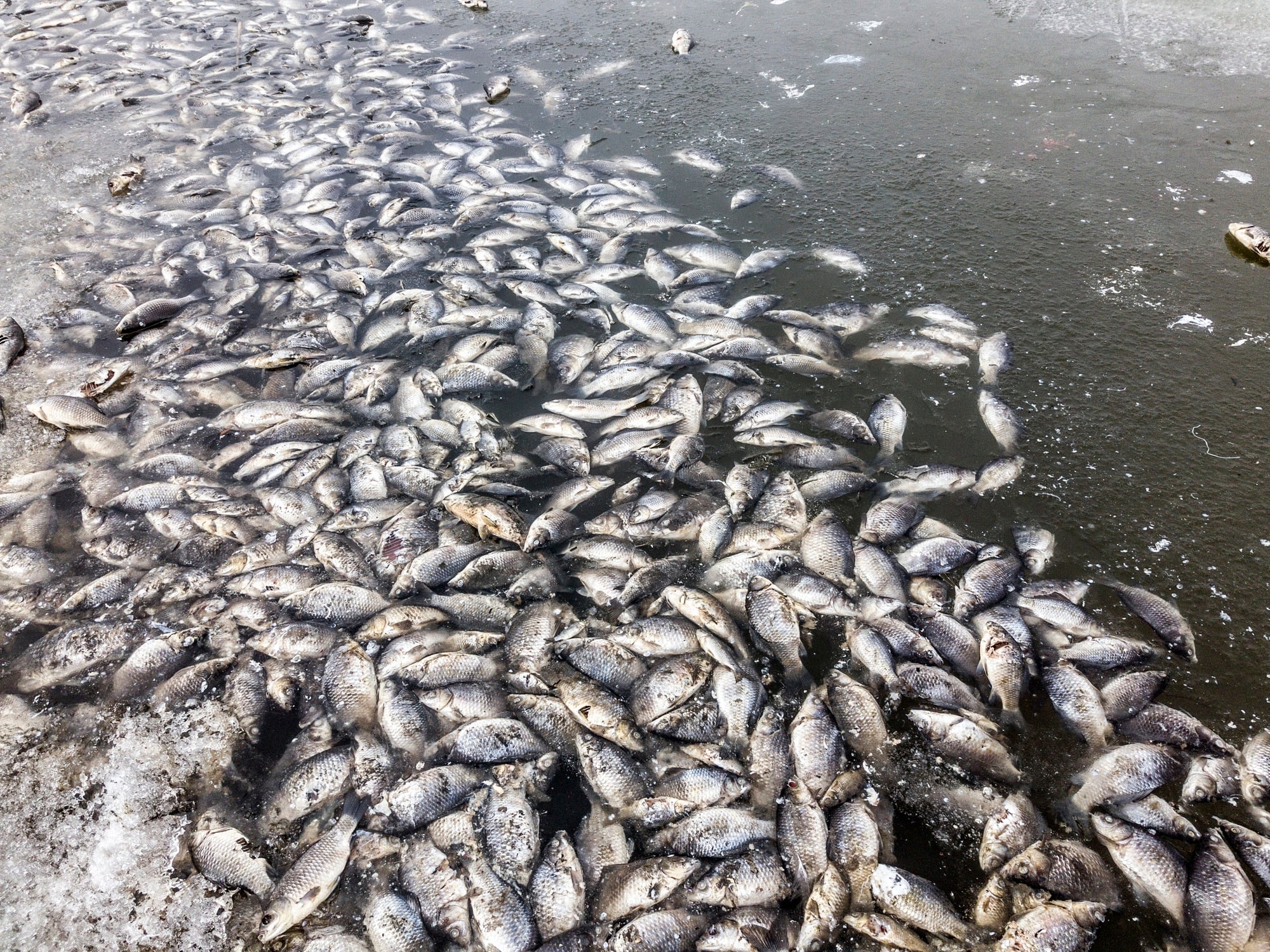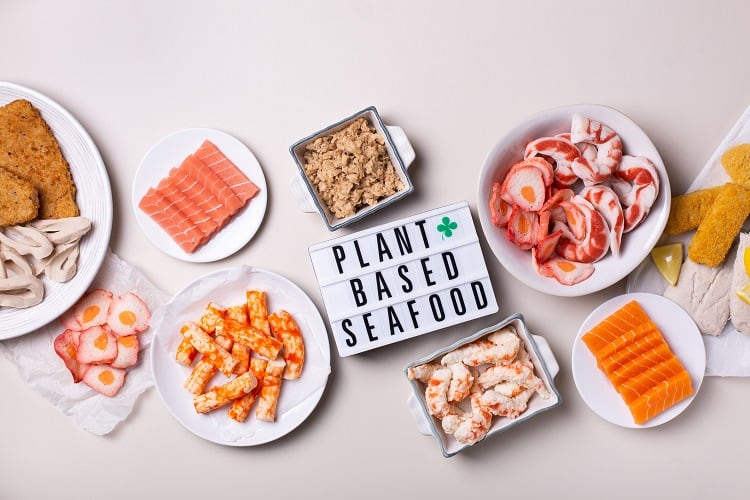The recent UK-EU trade deal saw major developments between the two major European economies, many of which affected the food industry.
One of the most significant was the renewal of the deal allowing the EU access to UK waters for European fishing boats. Boats will have access until 2038, and quotas on how many fish they are allowed to catch will continue to be agreed. Licences will also be issued to control who can fish in UK waters.
This will be a continuation of the UK-EU Trade and Cooperation deal, agreed in 2020 by former UK Prime Minister Boris Johnson. The UK had regained 25% of EU fishing quotas as part of the deal, but it was due to run out in 2026.
Will this change actually matter for the EU’s fishing industry?
The economic value of UK waters
Access to UK waters has significant economic value for EU fishers, according to a spokesperson for Europêche, a trade body representing the EU’s fishing industry.
For example, catch limits agreed for the EU fleet last year resulted in fishing opportunities of around 428,000 tonnes, estimated to be worth nearly €1.4bn.
“Access to UK waters is highly valuable for many European fleets, particularly those from France, Spain, Ireland, Belgium, the Netherlands, and Denmark. These waters are rich in commercially important shared stocks such as mackerel, haddock, sole, and cod,” explains the Europêche spokesperson.
“For some fleets, UK waters represent a traditional and economically vital fishing area, constituting a substantial portion of their annual catch.”
Other benefits to EU fishing
As well as providing economic benefits, the deal also gives much-needed stability to the EU’s fishing sector.
According to Europêche, the UK-EU Trade and Cooperation Agreement in 2020 cut 25% of the value of landings from UK waters, leading to EU fleets being decommissioned and livelihoods being lost in some member states.
“This situation inevitably generated significant uncertainty and economic strain for many EU fleets, without providing a viable alternative. It disrupted long-established fishing patterns, increased regulatory complexities, and caused logistical and trade challenges—especially for businesses reliant on cross-Channel seafood exports," explains the Europêche spokesperson.
“Access is also critical for operational efficiency, sustainability, and preserving long-established fishing routes and practices.”
The agreement will therefore “provide much-needed certainty for European fishing communities that depend on access to British waters,” explains the spokesperson, who said that “collaboration and predictability” are vital for upholding sustainable fisheries.
Europêche managing director Daniel Voces describes the new agreement as a “forward-looking agreement that ensures long-term sustainability and mutual benefit,” which “provides vital stability for our fleet and coastal communities.”





